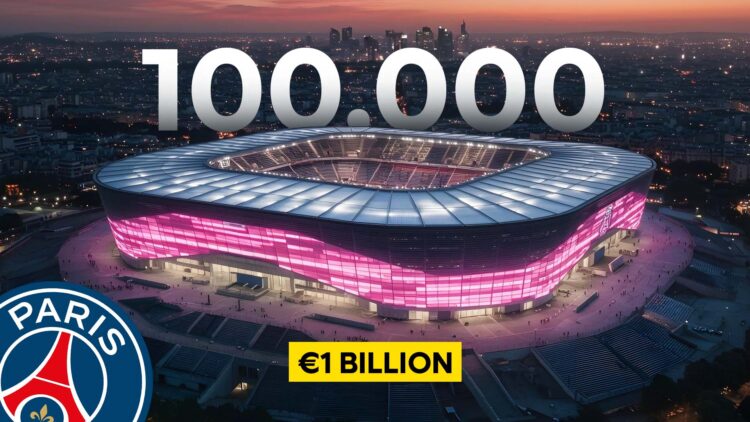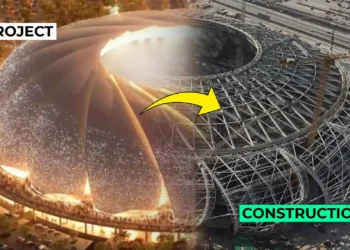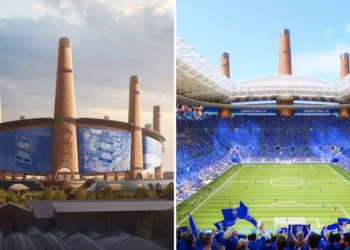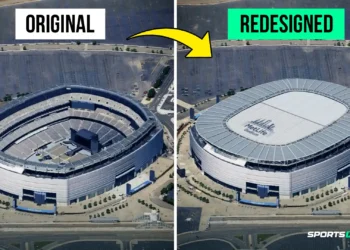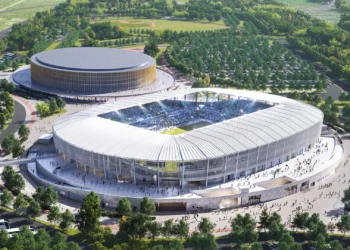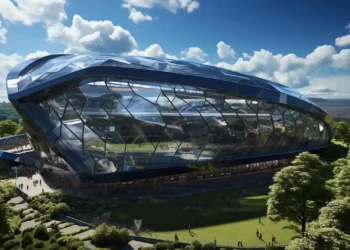Paris Saint-Germain is preparing to leave the iconic Parc des Princes, marking a significant shift in the club’s history.
Farewell to Parc des Princes
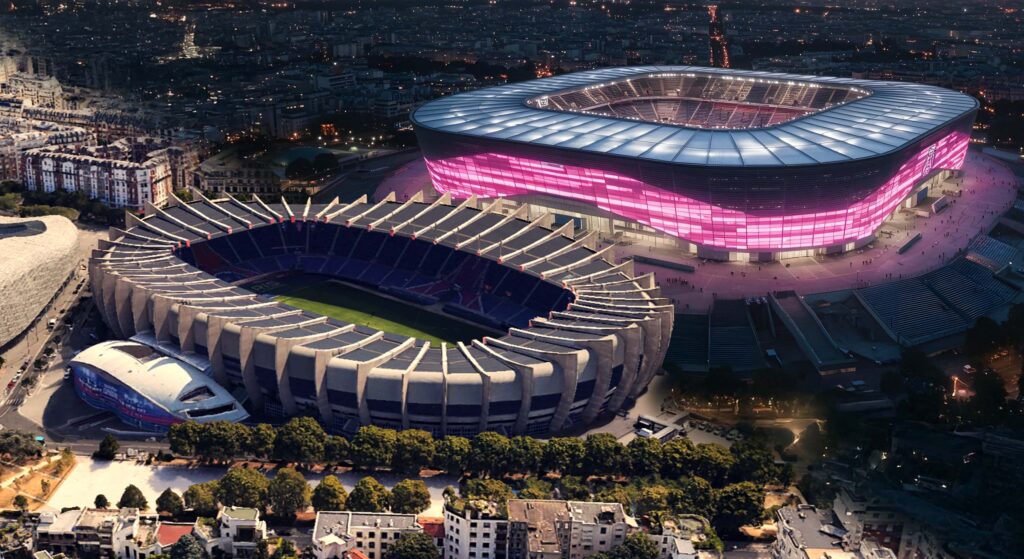
After years of negotiations and attempts to purchase and expand their historic home, PSG’s plans were repeatedly blocked by the Paris city government, led by Mayor Anne Hidalgo. The club’s vision to modernize and increase the stadium’s capacity faced persistent resistance, ultimately leading to the breakdown of discussions. Frustrated by the lack of progress, PSG has decided to embark on a new chapter elsewhere.
Massy Stadium Project 15km from Paris
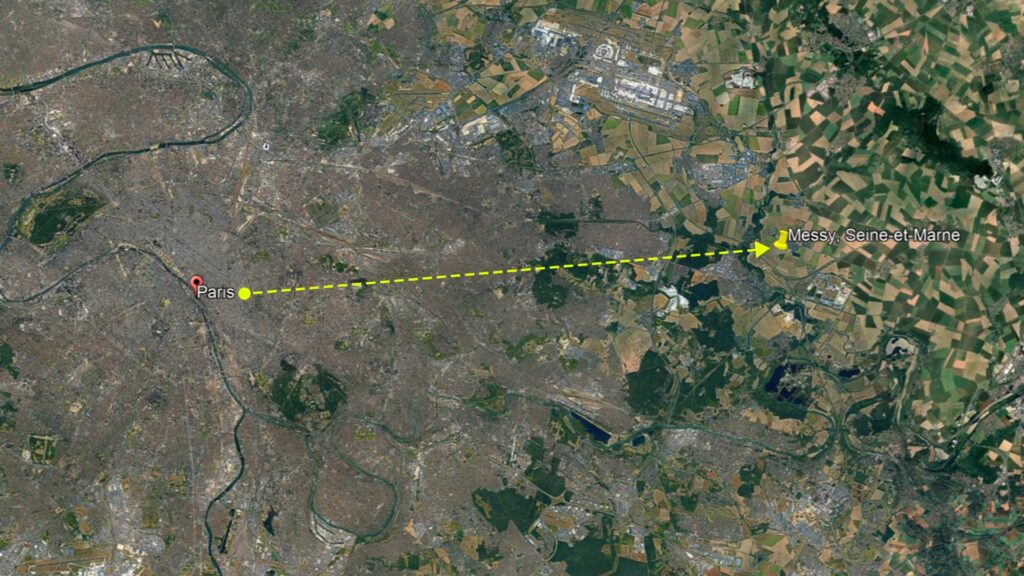
To secure its long-term ambitions and cement its place among Europe’s footballing elite, PSG has chosen Massy, a suburb approximately 15 kilometers south of central Paris, as the site for a state-of-the-art stadium. This ambitious €1 billion project envisions a cutting-edge, 100,000-seat venue that will not only be the largest football stadium in France but also one of the most advanced in the world.
With Parc des Princes no longer an option, PSG president Nasser Al-Khelaifi and the club’s leadership explored various potential locations. Several areas vied to host the club’s future home, but Massy ultimately emerged as the preferred choice, successfully convincing the Qatari ownership of its potential.
More than just a stadium, this project aims to transform the surrounding area, creating a modern footballing hub. The new stadium is expected to significantly boost PSG’s matchday revenues and enhance its infrastructure, further solidifying the club’s position as a global powerhouse.
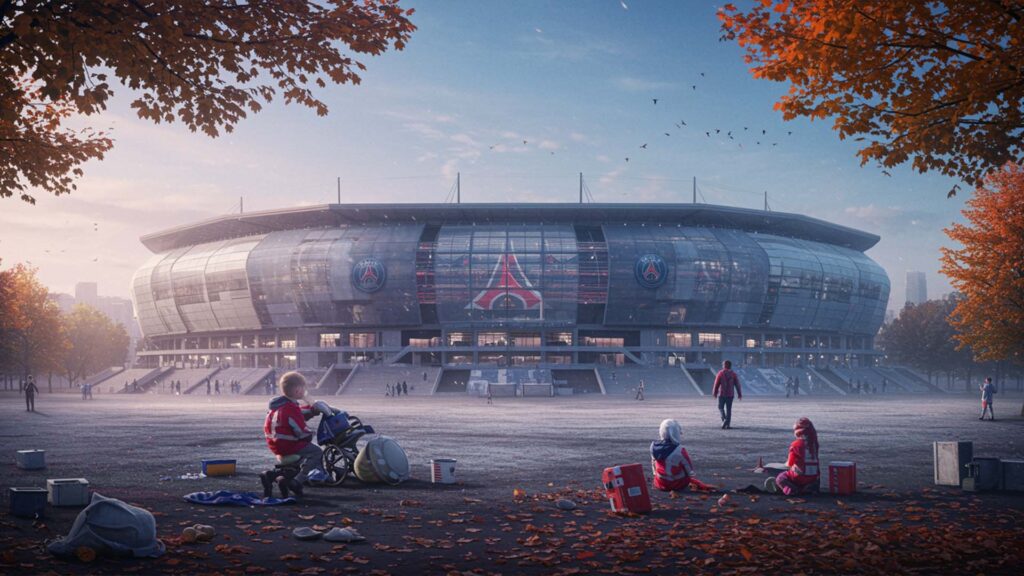
Moving away from the Parc des Princes, PSG’s home since 1974, presents both logistical and emotional challenges. Many lifelong supporters have deep sentimental ties to the stadium, and resistance from fans who cherish its history is likely. Additionally, ensuring smooth accessibility to the new stadium will be crucial in maintaining strong attendance and preserving the passionate atmosphere that has fueled countless memorable European nights.
The construction of the new stadium aligns with PSG’s broader transformation, which began with the opening of the PSG Campus, a world-class training facility inaugurated in November. This move signals a bold new era for the club, positioning it for sustained growth and success on and off the pitch. While not all fans will welcome this change, it represents a necessary evolution for PSG as it looks to the future.

